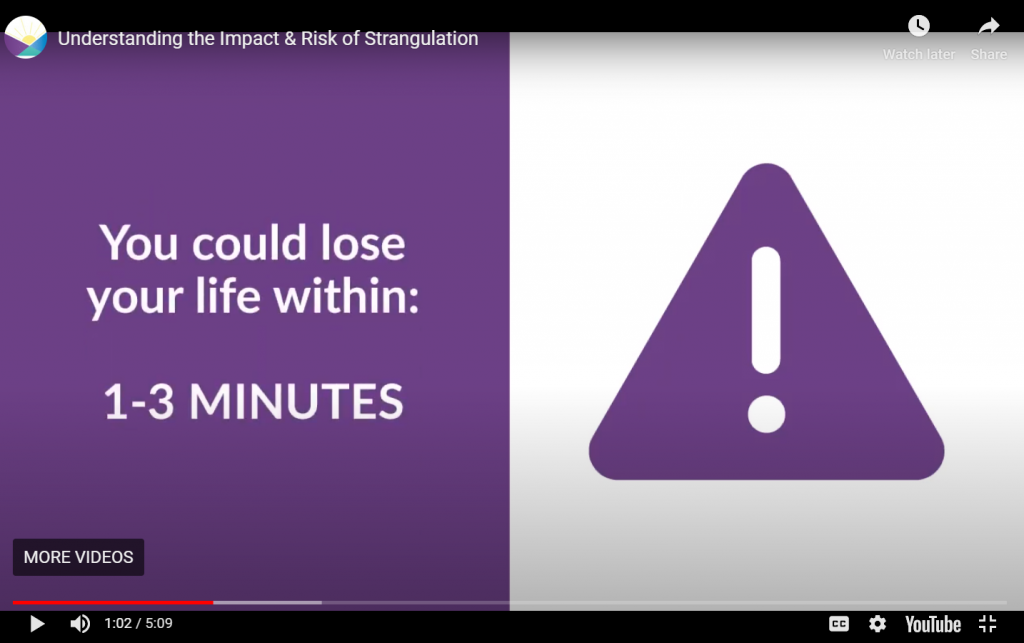For Immediate Release
Contact: Diane Lance, (615) 880-1100
METRO OFFICE OF FAMILY SAFETY ANNOUNCES NEW VIDEO, ONLINE RESOURCES TO HELP VICTIMS UNDERSTAND THEIR RISK

NASHVILLE, Tenn. (June 18, 2020) – The Metro Office of Family Safety (OFS) has created a suite of online resources to assist people experiencing abuse while staying at home during the COVID-19 pandemic.
“Planning for safety while sheltering at home during the COVID-19 pandemic is a serious challenge for people experiencing abuse,” Diane Lance, the OFS department head, said. “Being trapped with an abusive partner, family member or caretaker can create a lethal environment with constant abuse and limited access to normal outside interactions with neighbors, friends, schools, healthcare professionals, co-workers, etc.”
The new online resources created by OFS include tips to stay safe and/or leave an abusive situation safely while under the “Safer at Home” order and two educational videos on the types of abusive behaviors that increase the risk of being murdered by an abuser.
The resources can all be accessed at the Metro Office of Family Safety website (ofs.nashville.gov) and include the following:
- COVID-19 Safety Plan & other Safety Resources: This web page includes tips for how to stay safe, access help and leave an abusive relationship safely, as well as numerous other safety planning resources available for additional information.
- Understanding Your Risk (English & Spanish): This web page includes a video on “high risk indicators” designed to help viewers evaluate their risk in a straightforward and simple way while highlighting the most dangerous abusive behaviors – firearms, strangulation, threats to kill, sexual assault and stalking. These high risk indicators come from the research by Dr. Jacqueline Campbell that created tools now considered best practice in intervention services like the Danger Assessment and the Lethality Assessment Program (LAP).
- Strangulation Information (English & Spanish): This web page includes a video on the risk of strangulation. The video provides in-depth information about this deadly form of abuse with research from the Alliance for Hope International Training Institute on Strangulation Prevention that shows how strangulation can cause death in minutes or have effects that can last a lifetime.
“Information provided in both the high risk indicators and strangulation videos are particularly important during this time of the COVID-19 ‘Safer at Home’ order and the potential escalation of violence that may accompany it,” Lance said.
At Nashville’s Family Safety Center, OFS advocates work with individuals directly to assess their level of risk, plan for their safety, and encourage medical attention for strangulation. In addition, advocates can assist victims of abuse obtain an Order of Protection. These essential services can be provided on-site at the Family Safety Center at 610 Murfreesboro Pike or over the phone by calling 615-880-1100 or emailing FSCInfo@jis.nashville.org.
“It is our hope that these safety tips and educational videos will help individuals experiencing abuse to understand more about their level of risk and encourage them to seek help to stay safe,” Lance said. “The risk to people experiencing abuse may escalate in these times of intense isolation. With these resources, we are giving victims more tools in their toolboxes to recognize potentially deadly behaviors like firearms and strangulation, and to plan for their safety if trapped at home with an abuser. We want them to know that they are not alone and we are still here to help.”
Adaptations, postponements, and cancellations of services during the Safer At Home Order will be posted online at ofs.nashville.gov and our Facebook page @OfficeofFamilySafety.
###


